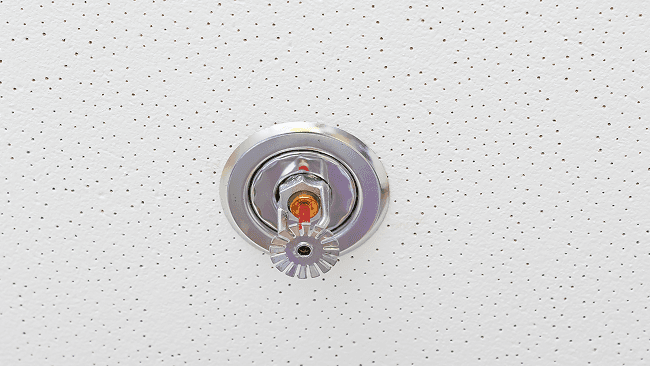Change the Locks - No Shortcuts on Safety
Hello everyone. We're gonna be talking about what to do when somebody moves out. When there's gonna be a new tenant coming in. And now we're gonna be discussing about changing the locks. I hope that everybody's doing that. Our policy has been, my, my way of doing this for 25 years is that we have, every time we have a tenant, a new tenant, we change the locks and we do it may need for reasons of safety.
Put yourself in the position of a potential new tenant. Imagine that. Would you like, if you didn't change the locks because for whatever reason you decided to perhaps as an approach of cost effective way, didn't you not want to change the locks? Imagine if you were a new tenant coming in into your a unit and not knowing that somebody else who was the previous tenant, a previous occupant has a key to the unit you're currently renting now.
That brings a concern of safety of the unknown, and it just makes a good practice to go ahead and change the locks all the time that there's a new tenant. Of course, there's also some other circumstances where I. Due to a reasonable accommodation request or something a little bit more complicated, like perhaps a domestic violence scenario that may be happening where the, you may be asked to change those a little bit more than often, but those will be under special circumstances.
But that the approach has to be that every time there's a new move-in a new tenant, please go ahead and change the locks. Make it part of your policy of your ongoing policy. And for whatever reason, also people made, the other option that they have is that they re-key their locks. Or they may have a set of locks in the PA that is in good condition that they may have on the site and they save it.
But nobody knows that you have an that set of of the locks. You can go ahead and change 'em and put 'em here. Only you know internally that you have that set of locks. And then. The one that you're removing, perhaps you can reuse it and use it in a different unit, but you see that's something internal.
If price is a concern, that could be an approach that you can do also, there's also, like I mentioned, the re key option, but ultimately, if you can it would be okay, better idea to go ahead and change the laws completely. Try to do that, that make that part of your ongoing. Safety protocol as well, because it's not only a safety protocol, but it's also a put yourself in the shoes of the other tenant.
Imagine if you were there, will you feel comfortable that those locks will not change, that you skipped that step, and that perhaps somebody else has an access somehow with a key to potentially going into the unit where now you rent? So keep that in mind. Maintenance workers, you guys are doing outstanding work.
Sometimes we don't, cannot do shortcuts. And this is one of those scenarios where we shouldn't be doing shortcuts. Follow the proper protocol, create a policy on this, and change the locks. Every time there's a new new tenant move in. I hope that information helps you and keep to good work.




